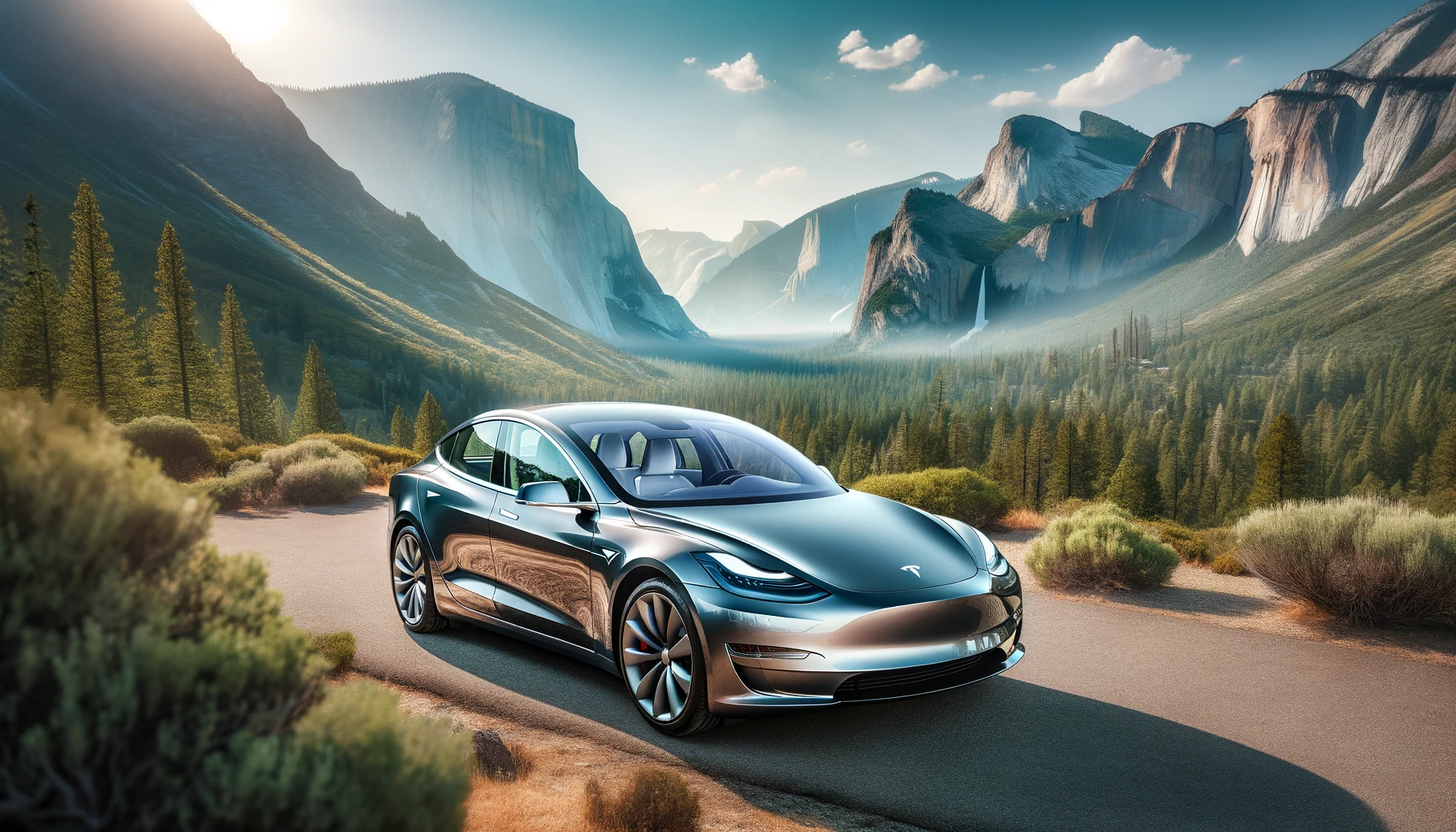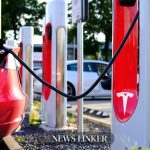Tesla Motors, led by Elon Musk, has been a pivotal force in the electric vehicle (EV) market, championing the transition towards a sustainable and eco-friendly automotive industry. This drive aligns seamlessly with the discussions in the “Fuelling the sustainable future: a comparative analysis between battery electric vehicles (BEV) and fuel cell electric vehicles (FCEV)” article published in Environmental Science and Pollution Research in 2023.
Tesla’s all-electric fleet, including the Model 3, Model Y, Model S, and Model X, serves as a practical embodiment of the theoretical comparisons made between BEVs and FCEVs in the article. Tesla’s approach—utilizing high-capacity lithium-ion batteries to power electric motors—mirrors the technological and environmental considerations highlighted in the study.
Electric Propulsion and Sustainability in Tesla’s Vision
Tesla’s commitment to electric propulsion and innovative charging solutions exemplifies the practical application of research aiming to identify more sustainable fuel alternatives for the future.
By eliminating the need for gasoline and instead relying on electric motors powered by rechargeable battery packs, Tesla not only reduces greenhouse gas emissions but also showcases the efficiency and performance benefits of BEVs discussed in the article.
Tesla’s infrastructure, including the widespread deployment of Superchargers, offers a glimpse into the future of transportation where reliance on fossil fuels is minimized in favor of cleaner, renewable energy sources. The synergy between Tesla’s real-world applications and the article’s theoretical analysis underscores the potential of electric vehicles to lead the charge towards a more sustainable automotive landscape.










